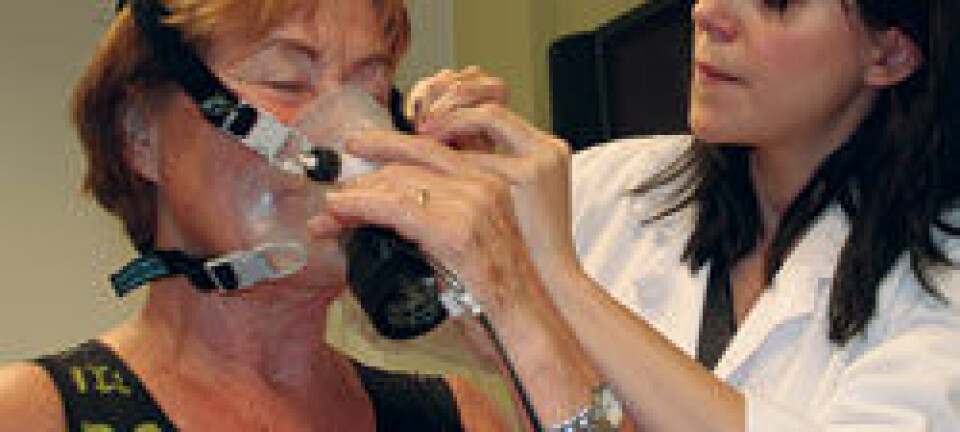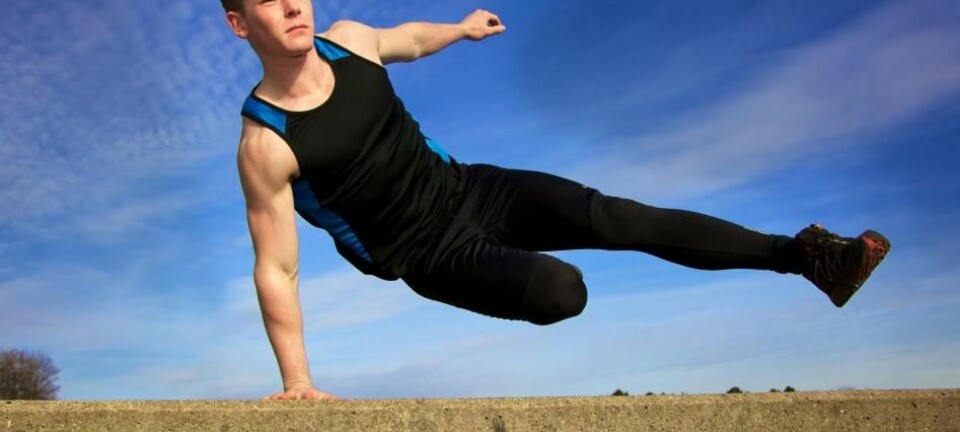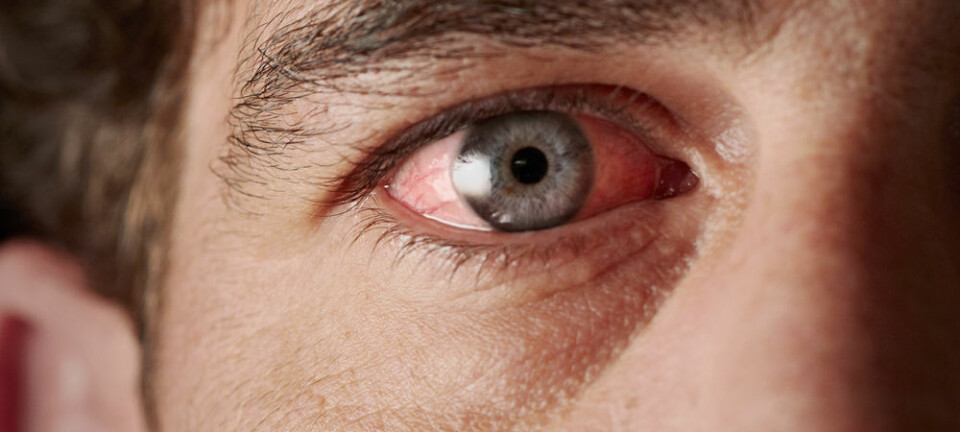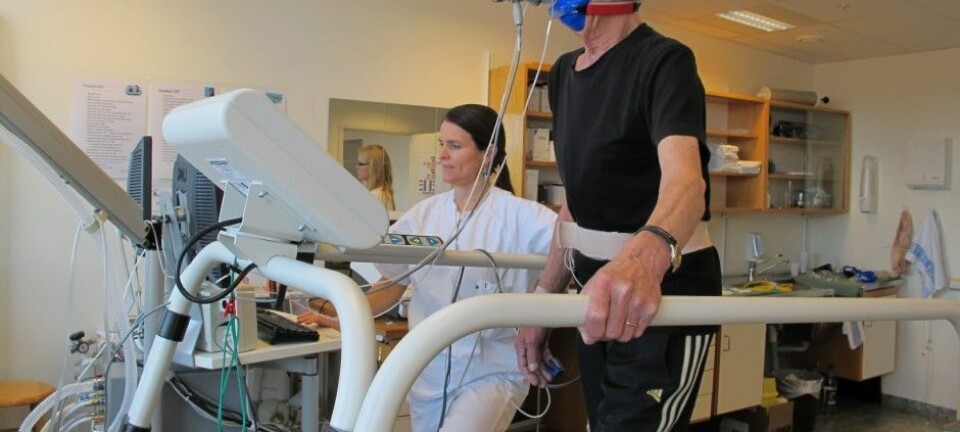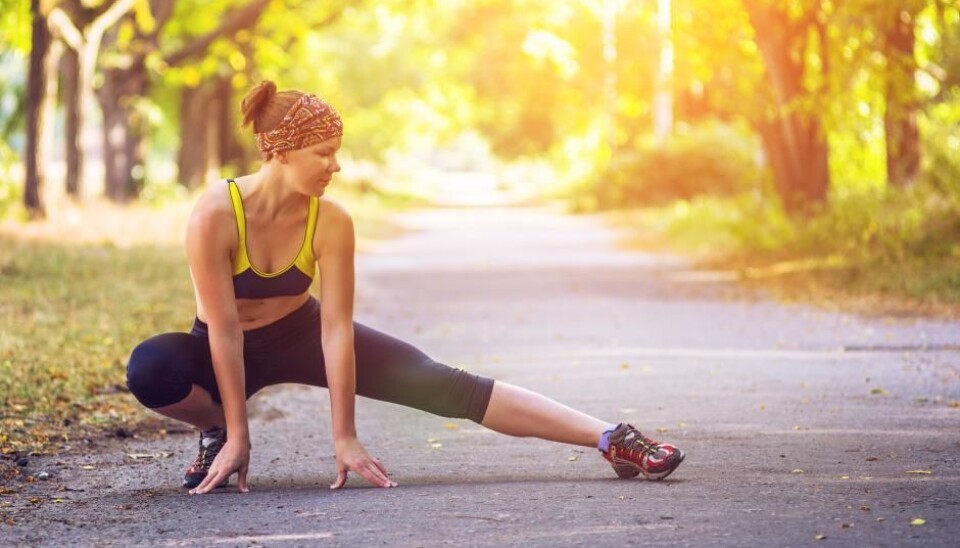
Exercise in the morning and sleep better at night
If you find it difficult to fall asleep in the evening then you may want to consider switching your evening run to the morning, say scientists.
If you lay awake at night, struggling to get to sleep, then it may be time to start exercising in the morning.
Regular morning exercise outdoors improves sleep rhythms and tells your body to produce the hormone melatonin earlier in the evening. This has a positive effect on your sleep, says Sofie Laage-Christiansen from Aarhus University, Denmark, who has just finished a Ph.D. in sleep research.
“Exercising in the morning daylight helps you to sleep. It helps to kick-start the brain in the same way as when you expose yourself to bright light early in the morning, and it makes the body release melatonin earlier in the evening,” says Laage-Christiansen.
Read more: Should you exercise if your muscles are sore?
Exercise prepares you for the day ahead
Waking up half an hour earlier might be difficult but it does help you get more out of the day, says Laage-Christiansen.
“When you exercise, your body produces lots of good hormones, such as adrenaline, which wakes you up and makes you ready to face the day,” she says.
Adrenaline increases during stressful situations, raising our pulse and blood pressure. This can become dangerous if the body is exposed to stressful situations over a long period of time, and even result in depression. But in short bursts, it has a positive effect and allows you to perform better.
Read More: Children who walk to school concentrate better
Short-term stress is good for the body
Adrenaline is just one of the hormones that has a positive effect on the body throughout the day. The mental boost you get from adrenaline can last for several hours, says Laage-Christiansen.
“It can for example, make you better at tackling problems long into the day. You have surely experienced suddenly being able to answer an exam question, even though you thought you couldn’t do it. It’s the stress hormones that are helping you,” she says.
Other hormones include serotonin, the so-called happy hormone, which helps nerve cells and your heart to function. Dopamine forms a part of the body’s reward system and is released when you experience or expect to experience something pleasurable.
Others include noradrenaline, cortisol, and endorphins, which work in a similar way to adrenaline.
Read More: Mice experiments explain how addiction changes our brains
Morning exercise boosts the body’s natural rhythms
These good hormones, when released during a morning exercise session, make you mentally stronger to face the day ahead, says Laage-Christiansen. And it is completely natural for the body to produce high levels of them in the morning.
For example, your sleep rhythm is controlled by a group of genes that also ensure that cortisol levels are lowest at midnight and highest around 9am in the morning.
By training first thing, you can boost a process that is already operating in your body.
“It’s totally natural for the body to be on the ball in the morning. If you follow your own natural circadian rhythm, then you can exploit it to get the most out of it,” says Laage-Christiansen, who makes sure she tackles her most demanding tasks in the morning for the same reason.
Read More: How poor sleep affects your body
A night owl can become an early bird
But to get the full benefit from a morning exercise regime, you need to head outdoors. The light outside activates the light sensitive tissue in the eye, which tells the brain to start producing melatonin earlier in the evening.
The effect is so strong that it can even turn a night owl into an early riser.
“Actually, it doesn’t matter what type of exercise you take. For example you could just go for a walk. The most important thing is that it’s outside because it’s the light that’s essential,” says Laage-Christiansen.
Read More: Morning light relieves anxiety
Better to exercise in the evening than not at all
But what if you missed your morning session? Should you do it that same evening? Laage-Christiansen recommends that you just skip it and wait until the next morning, if you are someone who struggles to sleep at night.
“Training in the evening when your body is about to prepare itself for peace and quite, is the opposite of what your body has planned. It tells your body to wake up just as it has begun to prepare for rest and makes it harder to fall asleep,” she says.
But while working out in the morning may boost your circadian rhythm, from a fitness perspective it does not really matter when you train, says Nikolai Baastrup Nordborg, who studies training physiology at the Institute for Sport and Nutrition, the University of Copenhagen, Denmark.
Elite athletes prefer to train in the afternoon as this is often when they perform best, he says. And from his perspective, an evening run is better than no run at all.
“We know so little about sleep and the relationship to exercise, both in terms of health and performance. But anyway, I think that if you haven’t been able to train during the day it’s better to do it under any circumstances, than not at all. But we need to learn more about it,” says Nordborg.
Sleep expert Professor Poul Jennum from the Department of Clinical Medicine, at the University of Copenhagen, Denmark, takes the middle ground.
“You shouldn’t exercise right before you need to sleep and generally speaking, not at all after 8pm. If you go for a cycle or a run it wakes you up and it’s not good for sleep. But personally I would prefer that people run when they get home after work than not run at all,” he says.
-------------
Read the Danish version of this article on Videnskab.dk
Translated by: Catherine Jex
